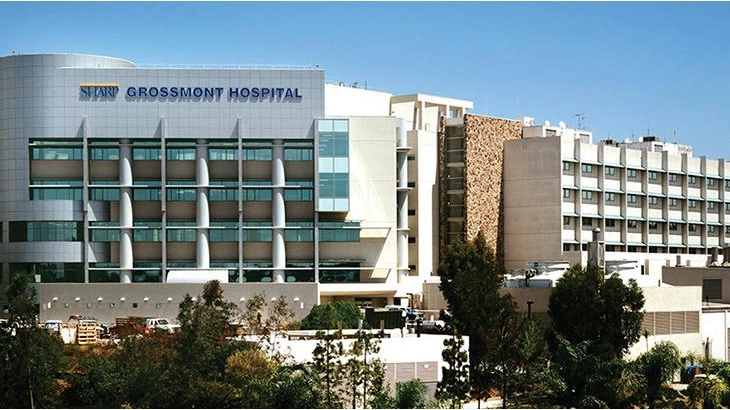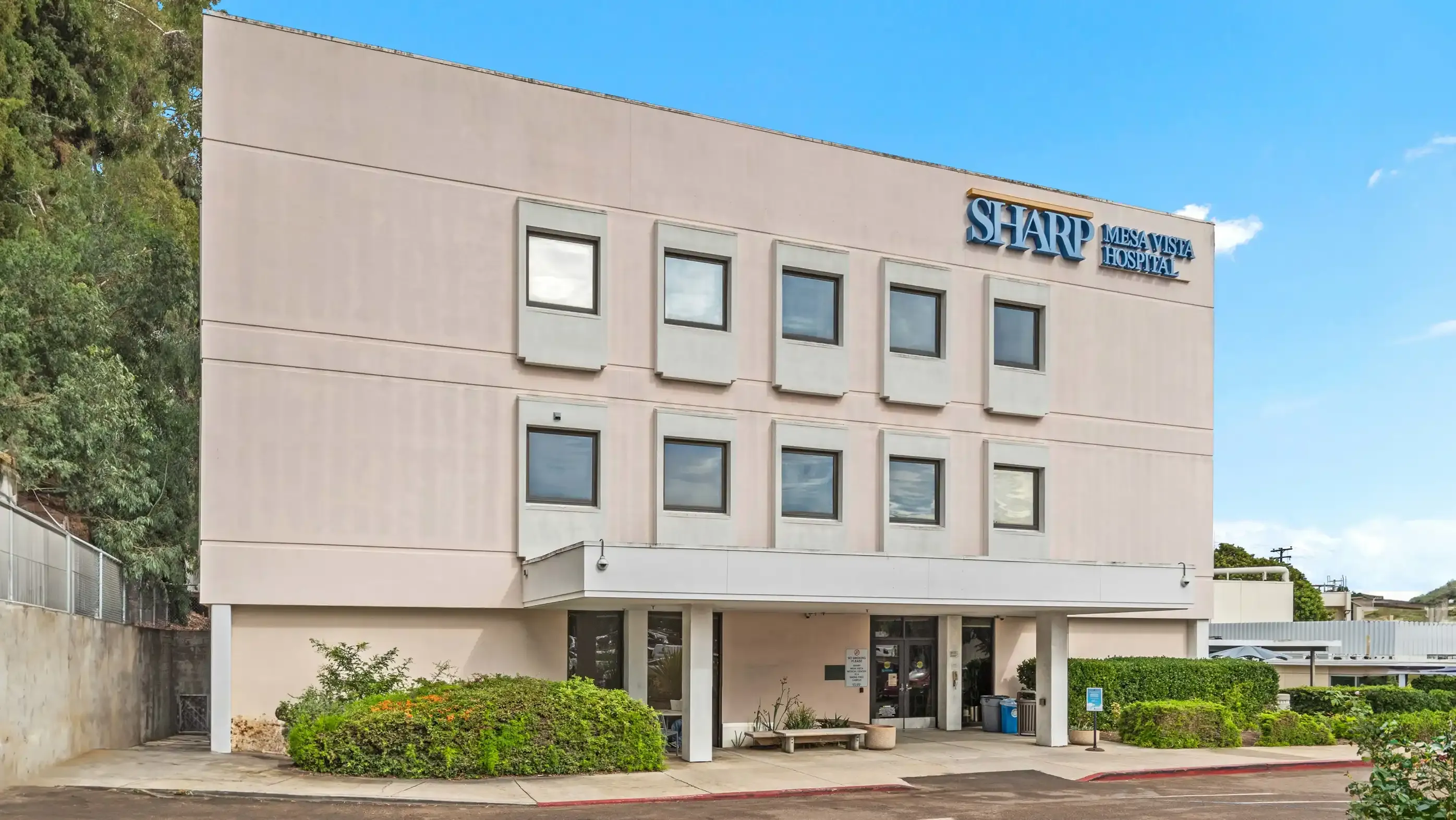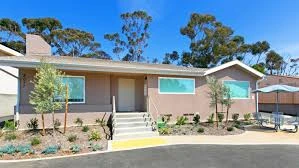Sharp HealthCare, based in San Diego, California, offers a wide range of medical services, such as urgent care, emergency care, and virtual health services. Its purpose is to provide accessible care to the whole San Diego community, regardless of gender or religious affiliation. The facility focuses on providing high-quality healthcare that is personalized to each patient's specific needs.
The institution provides a variety of programs, including primary care, emergency services, and vaccinations for diseases such as flu, COVID-19, and RSV. Sharp HealthCare is well-known for its dedication to patient-centered care, branded as `The Sharp Experience,` which prioritizes customized and empathetic care. The facility is accredited by The Joint Commission, which ensures it fulfills the highest healthcare standards.
Sharp McDonald Center Information
Treatment
Who We Treat
- Male and Female
Treatment Focus
- Day Treatment
- Detox
- Residential
Approaches
- Individual Treatment
- Evidence-Based
- Medical
- Family Therapy
- Group Therapy
- 1-on-1 Counseling
- Recreation Therapy
- Life Skills Training
- Relapse Prevention Counseling
Substances We Treat
- Alcohol
- Benzodiazepines
- Heroin
- Opioids
- Cocaine
- Methamphetamine
- MDMA/Ecstasy
- Ecstasy
- Psychedelics
Languages
- English
Aftercare
- Aftercare App
- Continuing Care
- Support Meetings
Level of Care
- Outpatient
- Day Treatment
- Outpatient Detox
- Detox
- Residential Rehab
- Aftercare/Continuing Care
Experience
On-Site Amenities
- Outdoor Lounge
Personal Amenities
- Private or Shared Rooms
Accreditations
-
The Joint Commission
The Joint Commission, previously known as JCAHO, is a nonprofit organization that accredits rehabilitation organizations and programs. Established in 1951, its mission is to enhance the quality of patient care and showcase excellence in healthcare delivery.

Additional Locations
Sharp McDonald Center Accepts The Following Insurance Plans
Find the best treatment options. Call our free and confidential helpline today!








